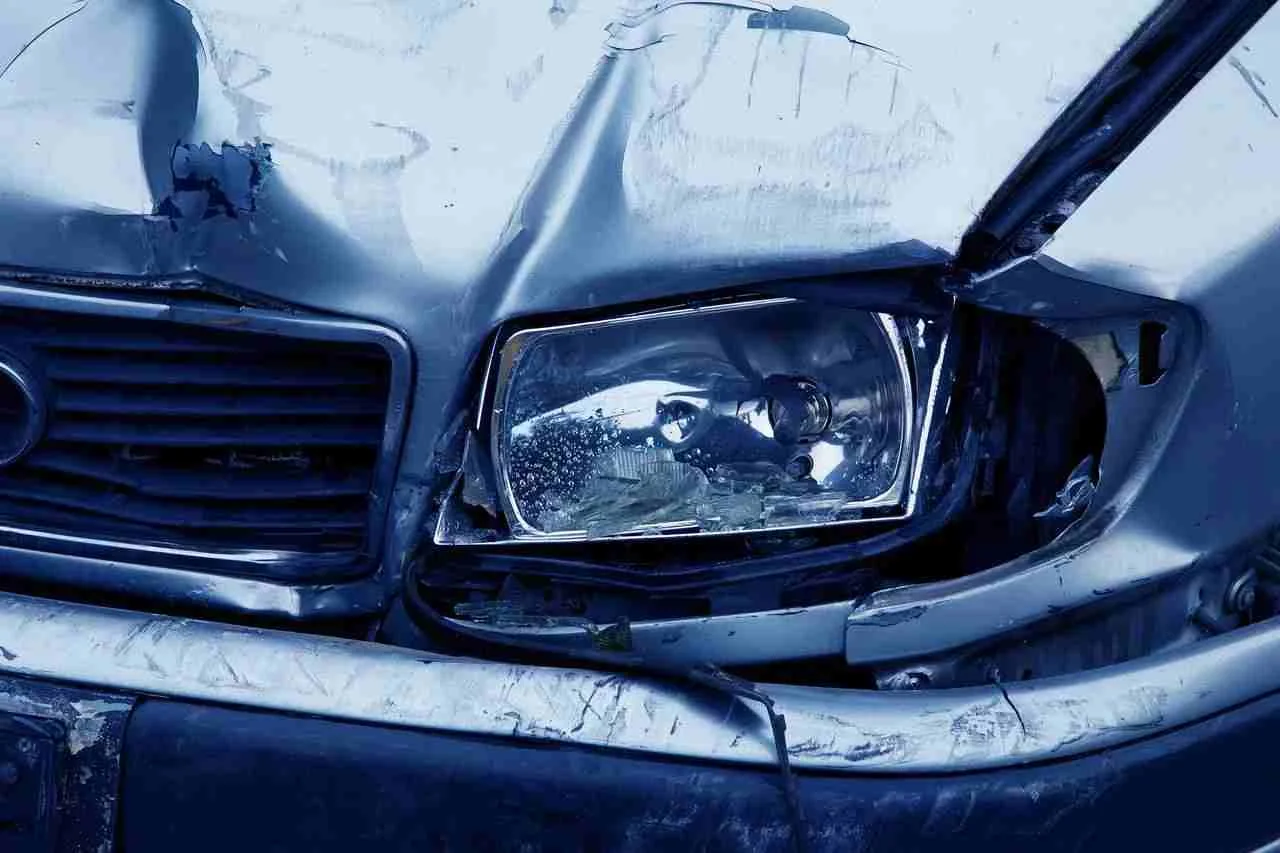Defective Vehicle Components and South Carolina Car Accidents: Product Liability Issues

Car accidents are a common occurrence on South Carolina roads, often resulting in serious injuries and property damage. While driver error is a leading cause of crashes, defective vehicle components can also play a significant role in accidents. Understanding product liability issues related to defective vehicle components is crucial for those impacted by car accidents in South Carolina. Here’s what you need to know:
Types of Defective Vehicle Components
Defective vehicle components can encompass a wide range of parts and systems within a vehicle. Some common examples include:
- Faulty brakes or brake pads
- Defective tires prone to blowouts or tread separation
- Malfunctioning airbags or seat belts
- Steering or suspension system defects
- Engine or transmission failures
- Electrical system malfunctions leading to fires or other hazards
Product Liability Laws in South Carolina
South Carolina’s product liability laws hold manufacturers, distributors, and sellers responsible for injuries and damages caused by defective products. Under these laws, victims of car accidents involving defective vehicle components may pursue compensation through a product liability claim.
Types of Product Liability Claims
Product liability claims related to defective vehicle components generally fall into three categories:
- Design Defects: These occur when a flaw in the design of the vehicle component makes it inherently dangerous, even when manufactured and used as intended.
- Manufacturing Defects: Manufacturing defects occur during the production process, resulting in a product that deviates from its intended design and poses a risk of harm.
- Failure to Warn: Manufacturers have a duty to provide adequate warnings and instructions regarding the safe use of their products. Failure to warn consumers about known dangers associated with a vehicle component may give rise to liability.
Proving Liability in Product Liability Claims
To prevail in a product liability claim, the plaintiff must establish the following elements:
- The defendant manufactured, distributed, or sold the defective vehicle component.
- The defect caused or contributed to the car accident and resulting injuries.
- The plaintiff suffered damages as a result of the defect, such as medical expenses, lost wages, and pain and suffering.
Statute of Limitations
It’s important to be aware of the statute of limitations for filing a product liability claim in South Carolina. Generally, the claim must be filed within three years from the date of the injury or discovery of the defect, whichever occurs later. Failing to file within this timeframe may result in the forfeiture of the right to seek compensation.
Consulting with an Attorney
Pursuing a product liability claim can be complex, requiring extensive investigation and legal expertise. Consulting with an experienced personal injury attorney in South Carolina is essential for understanding your rights, assessing the viability of your claim, and navigating the legal process to pursue maximum compensation for your injuries and losses.
Conclusion
Defective vehicle components can pose significant risks to motorists in South Carolina. By holding manufacturers accountable through product liability claims, victims of car accidents caused by defective vehicle components can seek justice and obtain the compensation they need to recover from their injuries and move forward with their lives. Consulting with a knowledgeable attorney is the first step toward pursuing accountability and securing the compensation you deserve.